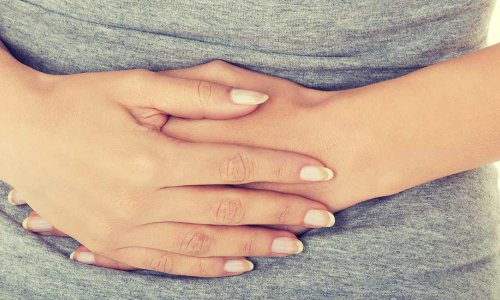

Get the best results from your Keto programme. 1. Add More Salt To Your Diet With people consuming more sodium than ever in a diet rich in processed food, you’re probably not used to hearing the call to eat more salt. One of the biggest health and nutrition ‘myths’ is that you should avoid salt. If you’re fit, healthy, and following a keto diet you’ll lose water and sodium in the first few weeks. Many people have a negative stigma when it comes to how much sodium you should be consuming daily. We have been taught that our sodium intake should be very low, but this is typically only the case on high carbohydrate, processed diets. This is because higher-carb diets mean naturally higher levels of insulin. When insulin levels are high, your kidneys begin to retain sodium. When you lose sodium on a keto diet, the salt depletion causes a parallel loss…

Have you ever been in a social situation only to find yourself embarrassed because you can’t remember someone’s name? Ever forget where you placed your keys or glasses? Maybe you’ve even lapsed into a moment of brain fog, unable to focus or concentrate despite your best efforts. We could all use a brain boost now and then, we don’t have a backup to rely on if our brain fails. We need to take extraordinarily good care of it. Our brains are our command centre, our body’s mission control and when something goes wrong, it can adversely affect everything. Luckily, there are some proactive ways to enhance healthy brain function. The foundation of any brain-health supplement program is Omega 3 and Coenzyme Q10 (CoQ10). That’s because your brain requires a phenomenal amount of energy for proper functioning. Our product Omega CoQ10 combines both Omega 3 fatty acids and CoQ10. C…

Calcium is a mineral which is essential for life. We all know that calcium is important for strong bones and teeth. But in addition to that, calcium enables our blood to clot, our muscles to contract and our heart to beat. I’d say that it’s a fairly important mineral. 99% of the calcium in our body is in our bones and teeth. About 1kg of it. Every day we lose calcium through our hair, skin, nails, sweat and urine. Our bodies can’t produce calcium, which is why it is so important to get enough from the food we eat. If we don’t eat enough of the calcium that our body needs, it is taken from our bones. Short term, we can cope, but if it happens too often, then our bones get weak and become more prone to breaking, osteoporosis and brittle bone disease. Too many of us fall short of getting the right amount of calcium each day to help prevent bone loss, low bone density and broken bones. …

The cold season is upon us. Boosting our immune system has rarely felt more urgent. You’re washing your hands 10 times a day and have stopped touching your face. What else can you do to improve your health and avoid ills and chills? To know how to take care of your immune system, first you need to understand the weapons in your armoury. When you come into contact with a germ you’ve never met before, you’ve got various barriers to try to stop it getting into your body. As well as skin, we have mucus – snot is a really important barrier – and a microbiome, it is estimated that 100 trillion microbes live throughout our bodies, internally and externally. Beneath the swamps of mucus and microbes, our bodies are lined with epithelial cells which, are really hard to get through. They make antimicrobial products including antiviral compounds that are quite hostile. …
This could be because there are so many health benefits in Colostrum ‘the necessity of life’. Colostrum is the ‘first milk’ that is produced in the first 72 hours of all nursing mammals.
It has been used in ancient times by many different cultures for both nourishment and remedial purposes.

So why then, do we suffer from disease and illness? To be honest, in most cases it’s not a design fault of the body but much more likely a result of our environment – that is things such as diet, lifestyle, daily habits, increased stress, poor sleep, pollution, suboptimal nutrients in modern foods and lack of regular physical activity.
Over the dec…

Good digestive health means the food we eat is broken down efficiently, used by our bodies to produce energy or removed as waste which brings us to one of the less savoury topics of digestive health – bowel irregularity and discomfort. Many people experience these on a regular basis and it can be both inconvenient and embarrassing.
It is estimated that in the United States alone, 42 million people are affected and in many Europ…